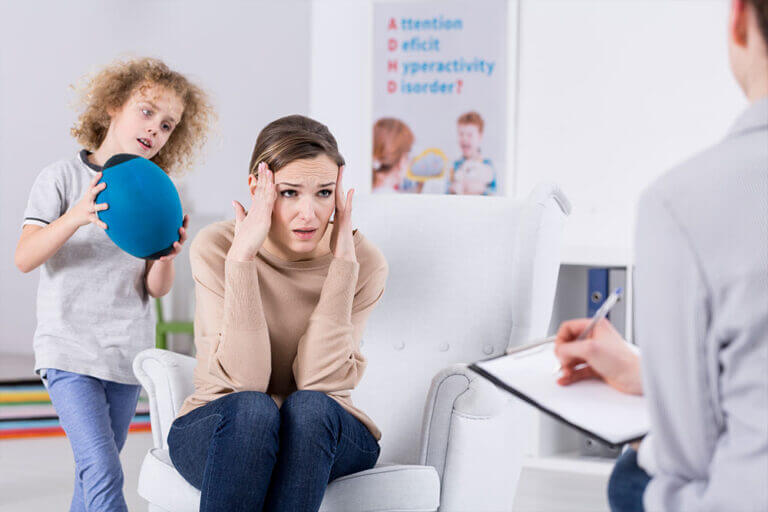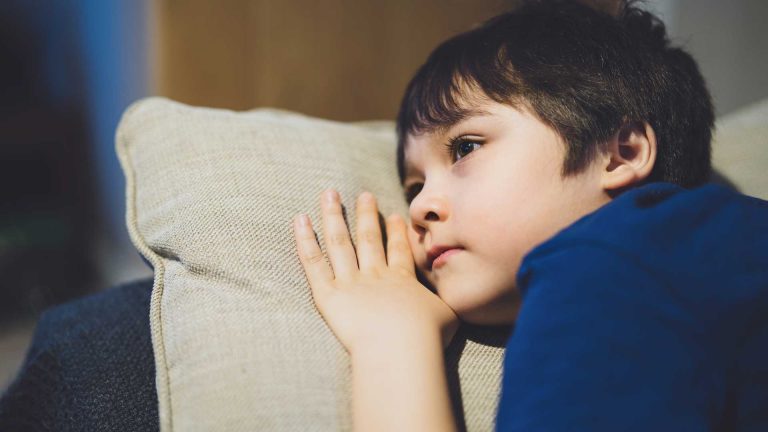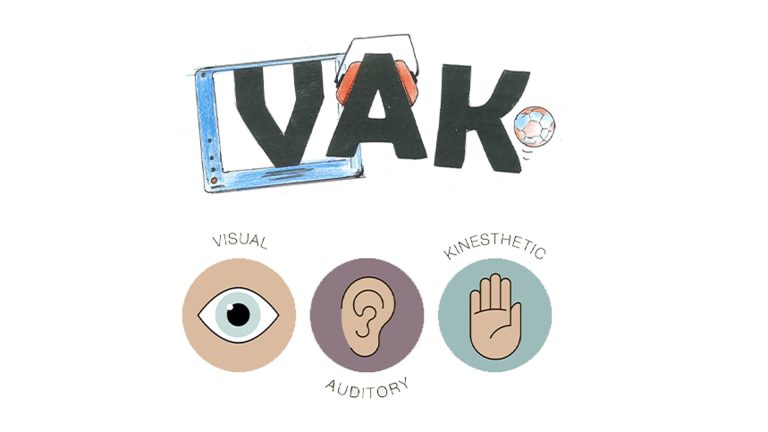ADHD: Symptoms, Causes and Cures
Attention Deficit Hyperactivity Disorder (ADHD) is a condition that affects people of all ages. It usually begins in childhood and can continue into adulthood. The symptoms are wide-ranging, but the most common ones include difficulty in paying attention, impulsiveness, and hyperactivity. ADHD has many causes, including genetics and environment; no one specific cause is identified for every case. There are treatments available to help with these symptoms, such as stimulant medications or behavioral therapy; however, they do not work for everyone, so it’s important to discuss your options with your doctor before starting any treatment programs!

What are the symptoms of it?
The symptoms of ADHD vary depending on the person, but common ones include being impulsive and hyperactive. It’s also difficult to pay attention for long periods even when they want to do so because their minds won’t stay focused on one thing. There are many other possible symptoms as well. They include difficulty concentrating or finishing tasks, problems with organizing things; trouble staying organized; impatience waiting in line at the grocery store or standing in traffic; talking too much without giving others a chance to reply in conversations.
Causes of ADHD
The common cause of ADHD is genetics. A large percentage of people who have ADHD are genetically predisposed to it, and therefore there is a chance their children will develop the disorder. But there may be some other causes as well. ADHD may have to do with problems in the brain’s frontal cortex and its connections to other parts of the brain. Ongoing research is exploring various possible causes for attention disorders, including:
- Environmental toxins (e.g., lead, mercury)
- Nutritional deficiencies or excesses.
- Neurochemical abnormalities such as dopamine imbalances or serotonin levels that affect impulse control.
- Low thyroid function – decreased production of neurotransmitters like norepinephrine can cause lethargy and hyperactivity.
- Early childhood trauma leads to post-traumatic stress disorder, which could manifest itself through aggression towards self and others.
Treatment for ADHD (medication, therapy)
To treat ADHD, nearly all children have prescribed medication, and some choose to take it for the rest of their lives. However, a child with ADHD may need therapy because there is no one-size-fits-all treatment regimen or cure. Treatment should be based on the severity of symptoms and not just adhere to what we do in this country – different countries have different standards.
Therapy can include cognitive-behavioral treatments that teach kids skills like coping mechanisms. Social skills training helps them learn how to interact more effectively with others. Family therapy teaches parents how they might best support their children at home and school.
Alternative treatments for ADHD (diet, exercise)
Yes, there are some alternative treatments for ADHD. They include:
- Diet: Some studies have shown that the ketogenic diet, which is high fat and low carb/low sugar diet, can be helpful for some kids with ADHD.
- Exercise: Recent research has also found that exercise might help improve symptoms of ADHD in children. The study showed that 21 days of 20 minutes on an elliptical machine three times a week improved physical fitness and mental health outcomes.
Tips to help manage your child’s behavior with ADHD at home or school

As parents, you can manage your child’s behavior with ADHD by doing these things:
- Set up a healthy eating and sleeping routine.
- Create an environment that is structured, calm, predictable and low in distractions for your child to succeed at home or school.
- Praise him every time he does something right instead of saying “No.” It works better than punishing bad behavior because children learn more from what you say when behaving well rather than poorly.
The first step to treating ADHD is understanding what it is. There are many different types and symptoms of ADHD, but the key point is that people who have this disorder can lead normal lives if they take medication or modify their environment to suit them best. Give our specialists a call today for an appointment! We’ll get you started on treatment so you can live your life without the distraction from attention deficit hyperactivity disorder.







